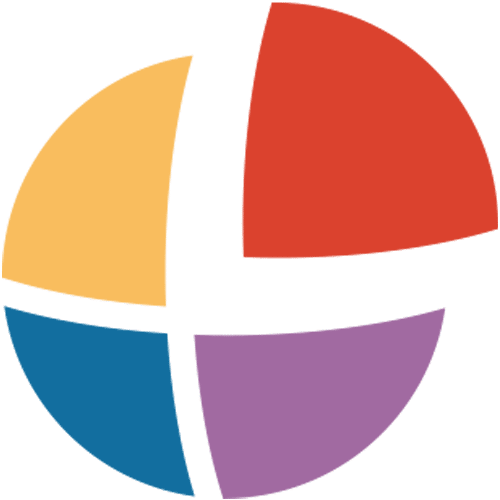Unlocking Global Learning: How to Share Localized eLearning Content with an LMS Platform

So you’ve used a localization expert to translate your eLearning content as your company grows internationally, and that’s great, but are you using a multilingual Learning Management System (LMS) to deploy that content to users?
As your company grows, so does the diversity of your users. Therefore, it is important to make sure your LMS and content can be tailored to the right language to reach your learners and other constituents in various parts of the globe. Understanding the language use of your users is essential to creating a successful international program and should be an important step to consider when choosing a learning platform.
With over 120 language packs available, Moodle, the world’s most widely used learning platform, excels at multilingual customization. Multilingual capabilities in Moodle can be used to teach students new languages or support employees around the globe with a variety of different language backgrounds. The multilingual features in Moodle helps organizations with users located in various parts of the world to host and manage trainings based on the user’s native language as well as their location when using the LMS.
In today’s busy tech-centric world, geographical limitations are a thing of the past. By default, Moodle detects a user’s language from their computer browser settings, but allows an individual to customize their language preference within the LMS.

Learners can also use multiple languages at the same time in the LMS with the ability to switch back and forth between languages, as multiple language packs can be installed within a single site. These packs will not slow down your Moodle performance and can easily be uninstalled if they are no longer needed.
In addition, words or phrases used on the site may be easily changed in Moodle (in any language) using the language customization feature. For example, you may want to change the word “Course” to “Unit” if this is the most accurate or more commonly used term in a specific region.
Similar to the importance of localized eLearning content, the multilingual capabilities in your learning platform is essential in ensuring that there are no linguistic limitations to learning online. Moodle is a great choice as the Moodle community continues to add more languages to their existing repertoire of 120+ language packs so that users can easily localize their site to share education with no geographical limitations.
Category: Localization
Tags: Elearning Content, Elearning localization, LMS, Learning Management System, Localization
Service: eLearning Translation
Industry: Education, Learning and Development
Don't forget to share this post!
Stay Updated with Interpro
Subscribe to our newsletter for the latest updates and insights in translation and localization.





